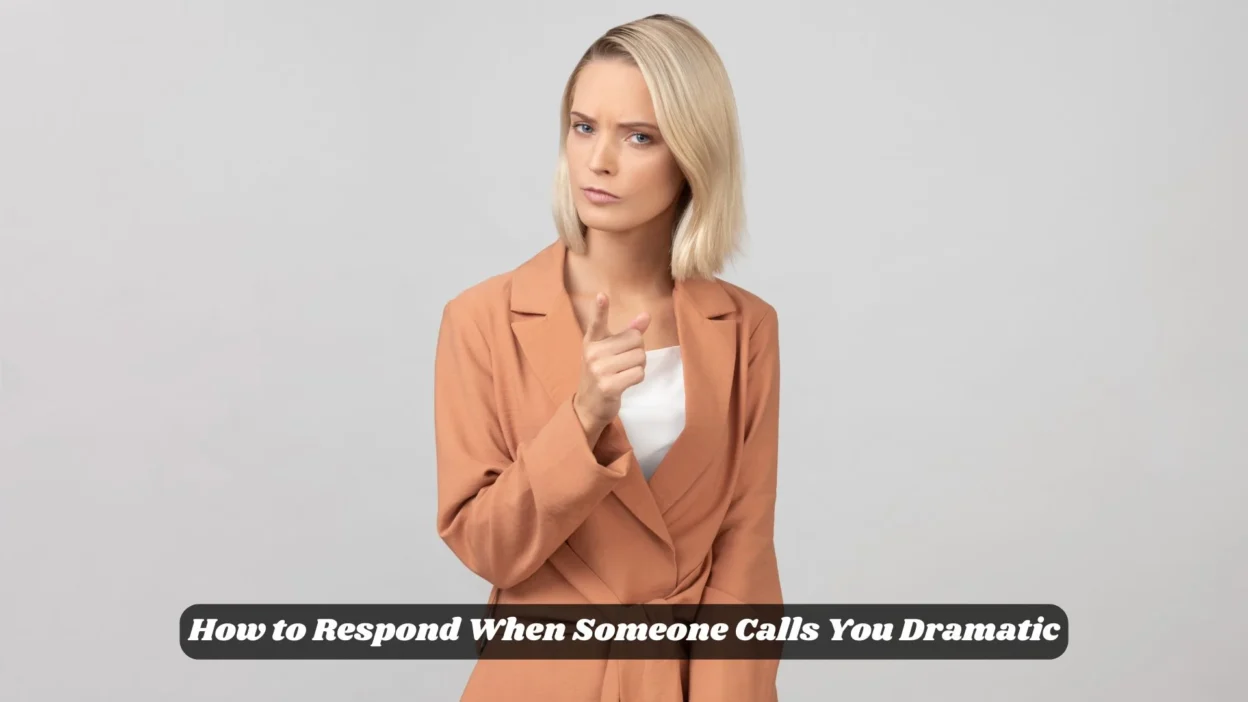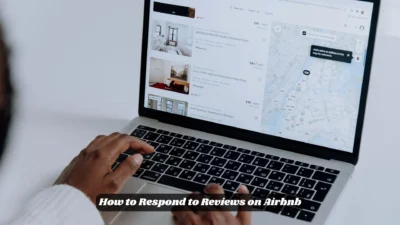You’re here because someone called you dramatic, and now you’re searching for the best way to respond without sounding rude or insecure.
Whether you’re feeling misunderstood, unfairly labeled, or just trying to keep things calm, this article will give you clear, powerful, and polite ways to reply.
Words matter. The way we respond in different situations can make all the difference.
A calm reply can defuse tension. A clever one can shut down a rude remark. And a kind one can even build respect.
So let’s explore how to respond when someone calls you dramatic—using the right words, tone, and attitude.
Sorry Generator
Formal Ways to Say You Are Not Being Dramatic
Use these phrases in serious conversations, interviews, or with people you don’t know well.
- I believe I’m expressing valid concerns
- My reaction is proportionate to the situation
- I’m simply emphasizing my perspective
- I’m addressing what I feel is important
- This matter deserves careful attention
- My emotions reflect the seriousness of the issue
- I am articulating my stance clearly
- I think this situation merits discussion
- I’m sharing how the situation affected me
- It’s important to acknowledge emotional impact
- My expression comes from a place of concern
- I aim to communicate thoughtfully
- This is a meaningful topic for me
- I’d prefer to have an open and respectful dialogue
- I value transparent communication
- I believe in expressing myself honestly
- I’m committed to addressing issues with clarity
- I’m seeking resolution, not drama
- I want to ensure mutual understanding
- I express myself with purpose, not exaggeration
- I take this seriously because it matters
- I strive for healthy communication
- My intent is not to overreact
- I am sharing how I truly feel
- I appreciate directness over avoidance
- I want to resolve, not escalate
- It’s not about drama, but clarity
- My goal is honest communication
- This is how I process and express emotions
- I believe every voice deserves to be heard
- I’d rather talk it through than ignore it
Informal Ways to Say You Are Not Being Dramatic
Use these when talking with friends, family, or people you’re comfortable with.
- I’m just being real
- I’m not overreacting, I’m just honest
- This is how I feel, take it or leave it
- I’m allowed to care
- That’s just me being me
- I’m not extra, I’m expressive
- I’m just speaking my mind
- I’m not making a scene, just saying how I feel
- I’ve got feelings too, you know
- Just trying to get my point across
- It matters to me, that’s all
- I’m not trying to stir the pot
- Can I not care without being called dramatic
- I’m not acting, I’m reacting
- Just keeping it real here
- I’m not trying to be dramatic, just honest
- It’s not that deep, I just wanted to say it
- Let me live, I’m passionate
- Chill, I’m just being expressive
- That’s just my vibe
- I feel strongly, not dramatically
- I’m not starting anything
- I’m not being over the top
- I care, that’s all
- I’m just getting my thoughts out
- I’m not here to argue
- I’ve got a voice too
- I say what I mean
- Not trying to cause a scene
- Just had to let it out
- This is my way of showing I care
Idiomatic Ways to Say You Are Not Being Dramatic
Use these creative expressions to sound clever while staying calm.
- I’m not making a mountain out of a molehill
- I’m not crying wolf
- This isn’t my soap opera
- I’m not playing the victim
- I’m not stirring the pot
- I’m not adding fuel to the fire
- This isn’t drama, it’s dialogue
- I’m not reading into things too much
- I’m not blowing this out of proportion
- I’m not fanning the flames
- This isn’t a performance
- I’m not pushing buttons
- I’m not turning this into a circus
- I’m not raising the curtain on a scene
- This is not my stage act
- I’m not bringing the theatrics
- No spotlight, just honesty
- I’m not putting on a show
- I’m not looking for applause
- I’m not turning this into a production
- I’m not being a drama queen
- I’m not calling for attention
- I’m not scripting a story
- I’m not playing a part
- I’m just saying it how it is
- I’m not here for the drama
- This isn’t a plot twist
- I’m not turning up the volume
- I’m not storming the stage
- I’m not being over-the-top
- I’m not running with the drama
Professional Ways to Say You Are Not Being Dramatic
Use these in the workplace, during meetings, or in email responses.
- I’m highlighting a concern that needs attention
- My response is rooted in facts, not emotions
- I aim to approach this constructively
- I believe this is worth discussing professionally
- My goal is to improve communication, not to escalate
- I am being transparent about my concerns
- I’m committed to open dialogue
- I’m flagging this as a potential issue
- My intent is to resolve, not to react
- I prefer to address matters proactively
- I’m sharing this to enhance understanding
- I’m not overreacting, I’m addressing a valid point
- I’m presenting this for clarity
- I value direct and respectful feedback
- I want to ensure everyone is on the same page
- My feedback is based on experience and observation
- I’m contributing to the discussion, not derailing it
- I aim to support effective teamwork
- I’m speaking up for the sake of progress
- I see this as an opportunity to improve
- My tone may be strong, but my goal is positive
- I’m advocating for better communication
- I want to avoid future issues through dialogue
- My input is meant to be helpful, not dramatic
- This is coming from a place of professionalism
- I’m invested in positive outcomes
- I believe constructive feedback is important
- I care about the outcome, not attention
- I aim to express concerns without conflict
- I believe in addressing challenges head-on
- I appreciate the chance to share my perspective
Conclusion
Being called dramatic can feel frustrating, especially when you’re simply trying to be heard. The key is knowing how to respond in a way that suits the moment—whether you’re at work, with friends, or dealing with criticism. Using the right phrase can shift the tone, regain respect, and keep your confidence intact. Practice these expressions. The more you use them, the more natural they’ll feel. You deserve to be heard—without being dismissed.

James Smith is an acclaimed fiction writer and storyteller whose work explores the human condition through a lens of emotional depth and sharp observation. Known for his captivating prose and unforgettable characters, James has carved a unique space in contemporary literature.
With a background in English Literature and over a decade of writing experience, his stories have been featured in numerous literary magazines and anthologies. James is passionate about mentoring emerging writers and frequently speaks at literary events and creative writing workshops.
Selected Works:
-
Beneath the Quiet Sky
-
The Echoes We Leave Behind
-
Fragments of a Forgotten Summer




